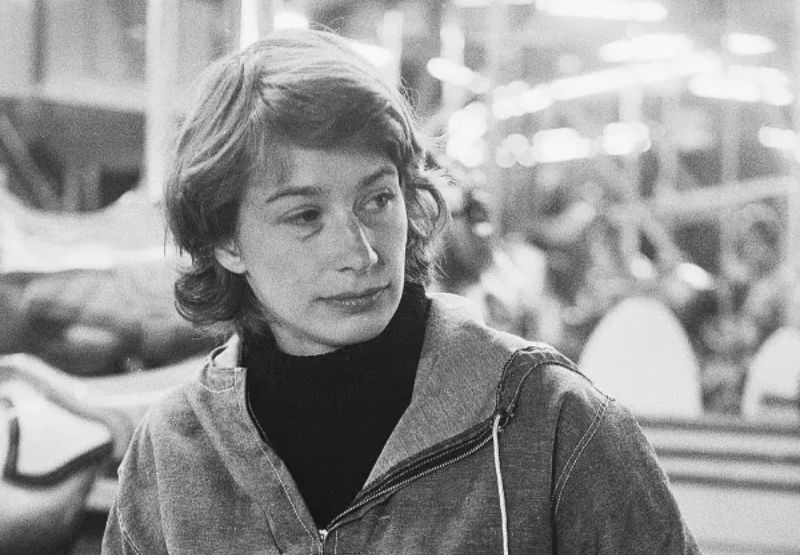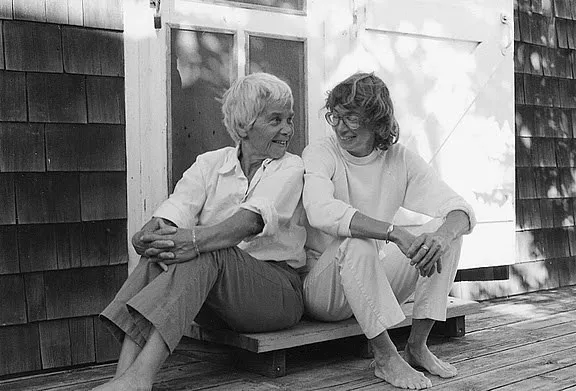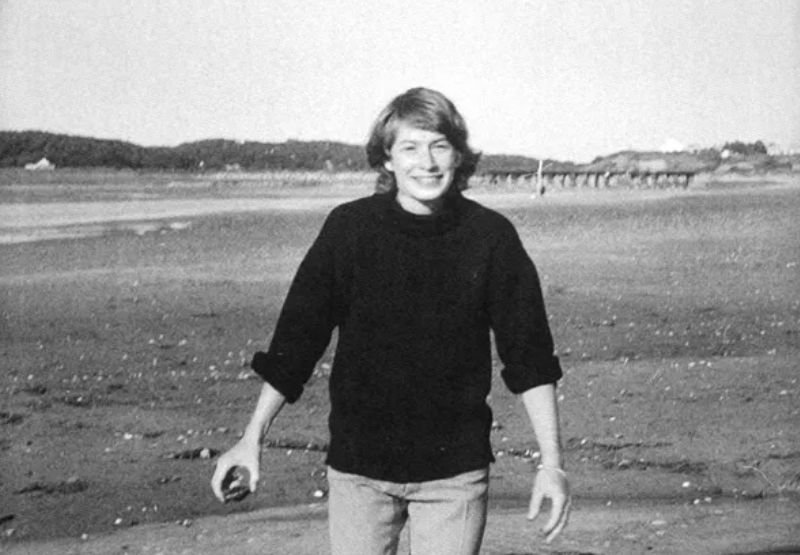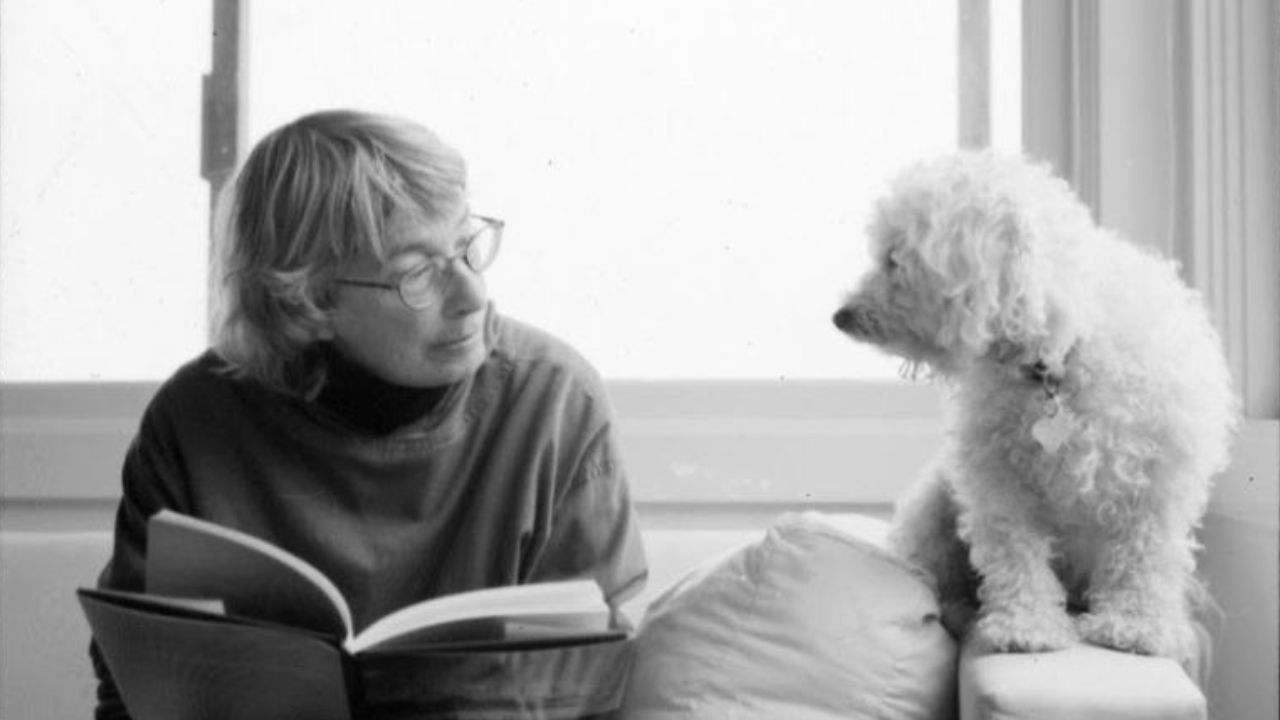Mary Oliver, forever wild and precious
Editor’s Note: American poet Mary Oliver would have turned 90 this week. As devoted fans of her work, we thought it an apt occasion to explain what makes her so special. An added bonus: a mini reading list for Oliver beginners.
Written by: Mekhala Singhal
I cannot say with certainty the exact moment I first read Mary Oliver. Perhaps, you are disappointed to find that the writer of this essay doesn’t have stories for you about how old they were, what poem it was, or what it made them feel. What I can tell you is that it changed my life. What I can tell you is that I do not and cannot know a world without her words. Over the years, however many they may be, Oliver’s work has left an indelible mark on my heart, teaching it how to listen to the earth, and inspiring in me a desire for a full, happy life.
One of the most beloved poets of our time, the late Mary Jane Oliver was born this week 90 years ago in suburban America. Raised in a dysfunctional family, she spent hours outdoors: wandering through the green, foraging, fishing, and building a relationship with the natural life around her. It is no surprise, then, that she wrote unabashedly about the world and its beauty.
When I am among the trees,
especially the willows and the honey locust,
equally the beech, the oaks and the pines,
they give off such hints of gladness,
I would almost say that they save me, and daily.
When I am Among The Trees, from Thirst (2006)
Writing about nature or love is not frivolous. These are serious matters, matters which Mary Oliver grasped with such clarity and tenacity, it makes you wonder, “What do I plan to do with my one wild and precious life?”
 Isn’t it harder than ever to love the world today? To love the children who come into it, and the people we must share it with? What Oliver demands of us is difficult. But she presents it to us as a choice; it is a decision to love the world, and to be hopeful about the future.
Isn’t it harder than ever to love the world today? To love the children who come into it, and the people we must share it with? What Oliver demands of us is difficult. But she presents it to us as a choice; it is a decision to love the world, and to be hopeful about the future.
If you suddenly and unexpectedly feel joy,
don't hesitate. Give in to it. There are plenty
of lives and whole towns destroyed or about
to be. We are not wise, and not very often
kind. And much can never be redeemed.
Still, life has some possibility left.
Don’t Hesitate, from Swan (2010)
When writing about love, Oliver describes its texture and quality. Her partner of over four decades, the late photographer Mary Malone Cook, features in some poems, usually as ‘M.’—someone who evokes tenderness in the reader.
In ‘Our World’ (2009)—a eulogy of sorts, published after Cook’s passing, filled with her photographs and Oliver’s prose—she writes,
We were talkers — about our work, our pasts, our friends, our ideas ordinary and far-fetched. We would often wake before there was light in the sky and make coffee and let our minds rattle our tongues. We would end in exhaustion and elation. Not many nights or early mornings later, we would do the same. It was a forty-year conversation.
 The language in Oliver’s poems is delicate and persistent.
The language in Oliver’s poems is delicate and persistent.
I don't want to end up simply having visited this world.
When Death Comes, from New and Selected Poems: Volume One (1992)
There is an urgency which compels you to look at the world, to touch it and taste it and revel in it, to not be satisfied with just breathing, but to really, truly pursue living.
She gently, but surely, asks us to want more, and do more.
I don’t want you to just sit at the table.
I don’t want you just to eat, and be content.
I want you to walk into the fields
Where the water is shining, and the rice has risen.
I want you to stand there, far from the white tablecloth.
I want you to fill your hands with mud, like a blessing.
Rice, from New and Selected Poems: Volume One (1992)
In an interview with journalist-author Krista Tippett on On Being, a podcast and former radio programme splainer recommended in 2023, Oliver said that poetry wishes for a community. She, alone, is not the owner of a poem. She specified, “It’s a gift to yourself, but it’s a gift to anybody who has a hunger for it.”
This commitment to sharing what is sacred to her with the universe is proof of her love for the world. She grew up learning to live with the land, in community with the beings around her. It should not come as a surprise, then, that her practice of poetry, too, is a collective project.
Of all the Mary Oliver books I own, I bought only one; the rest were gifted or lent (indefinitely) by people who knew me well enough to know how much I loved her.
Now, when I reach for her books, it is as though I am opening myself once again to the lessons she has taught me, reminding myself that poetry offers us the opportunity for connection. I have her on speed dial, thanks to love—what a gift.
In A Poetry Handbook (1994), Oliver writes,
There is nourishment in books, other art, history, philosophies—in holiness and in mirth … And it is in the green world—among people, and animals, and trees for that matter, if one genuinely cares about trees. A mind that is lively and inquiring, compassionate, curious, angry, full of music, full of feeling, is a mind full of possible poetry. Poetry is a life-cherishing force.
Now more than ever, it is incumbent upon us to recognise and show gratitude for how we are nourished. Not just through the earth and its contents—the food we eat, the water we drink, and the creatures we get to spend our days with—but through language, art, poetry. And, of course, Mary Oliver.

You can find the links to all poems, books and interviews mentioned in this article here:
When I am Among the Trees is a good poem to read when you want to convince yourself to get out of the house and touch some grass (literally).
The Summer Day will make you think about how much of the world you would see if you just paid more attention.
Don’t Hesitate is a reminder to embrace sweetness when it comes your way.
Our World is a book full of photographs, interspersed with essays, poems and journal entries. Fair warning: it will make you cry.
When Death Comes is everything ‘YOLO’ wishes it could be. You really do only live once. She asks: how will you make it worth your while?
Rice is a meditation on what feeds us (both literally and figuratively).
On Being is a podcast interview. Endearing, funny, and revelatory.
Wild Geese is arguably Mary Oliver’s most famous poem. I return to it often.
A Poetry Handbook is a must-read for any poets and writers. Make use of her wisdom well.


 souk picks
souk picks